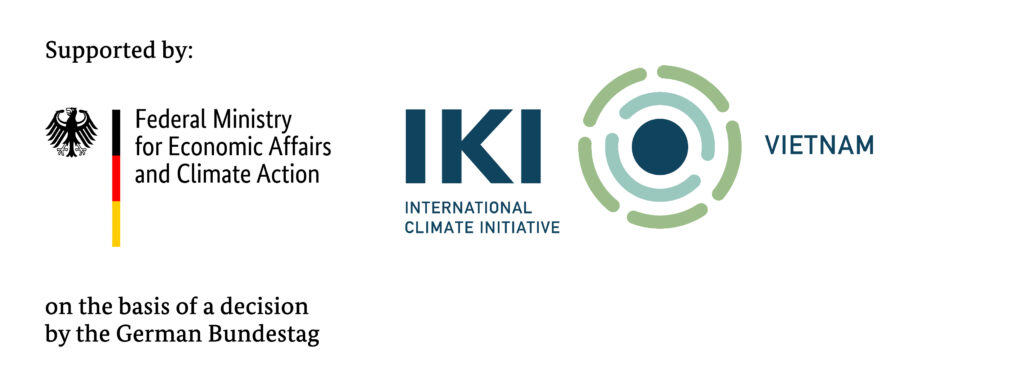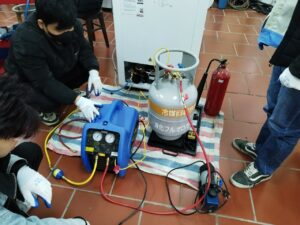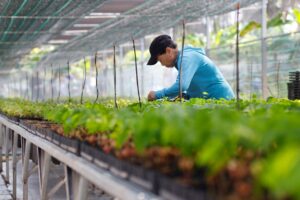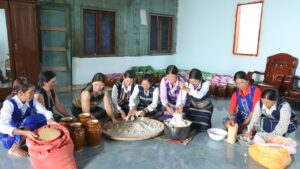The livestock sector is responsible for up to 30% of the greenhouse gas (GHG) emissions from the agricultural sector and as such provides a high potential for the implementation of mitigation measures. In the 2022 NDC update, there are two groups of mitigation measures on recirculation of agricultural residues and livestock waste (A8S and A12S) that are estimated with a potential contribution to reduce up to 10 million tons of CO2 by 2030. The project “Support to Viet Nam for the implementation of the Paris Agreement” (VN-SIPA) has supported the Department of Livestock Production within the Ministry of Agriculture and Rural Development (DLP – MARD) to develop technical guidelines for promoting circular farming in order to bridge the gaps from policy to implementation.
In order to consult the guideline with the stakeholders in the livestock sector, to test and discuss its feasibility in terms of technical implementation and relevance to the farmers, the VN-SIPA project and DLP-MARD jointly organised two consultation workshops in Ha Noi on 21st March and in Lam Dong on 24th March. The workshops welcomed around 150 attendees from government departments at national and provincial level, universities and research institutes and other sector experts.
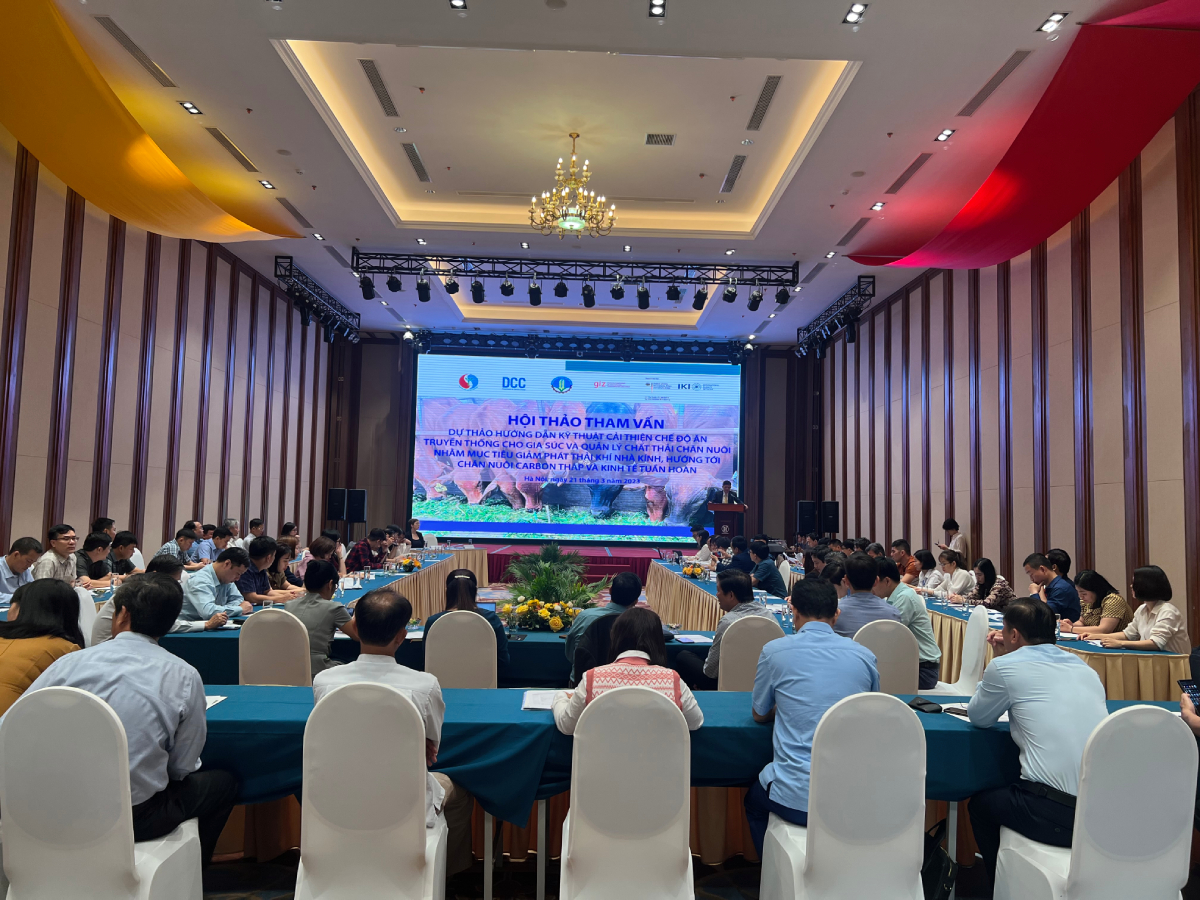
During the workshops, 3 presentations were delivered in the morning session including: (i) Government management of the current livestock sector and its development roadmap towards 2030; (ii) Technical guideline on improving traditional low energy cattle diet and better management of animal waste to target GHG emission reduction, low carbon husbandry and circular economy using rice straw; (iii) Current status of using agricultural residues in livestock sector and livestock waste management in typical province. ,
Also, the preliminary results of three pilot tests supported by the project were presented: 1-Improve diet; 2-Bio-bedding; 3-Composting for organic fertilizer. The results were shared and demonstrated the valuable benefits of the circular farming model in not only GHG emissions reduction but also in productivity increase and environmental pollution mitigation. In the afternoon session, the field visits to Lua Vang farm located in Bac Giang and Vinamilk farm in Lam Dong were organized to help participants comprehend the circular farming model.
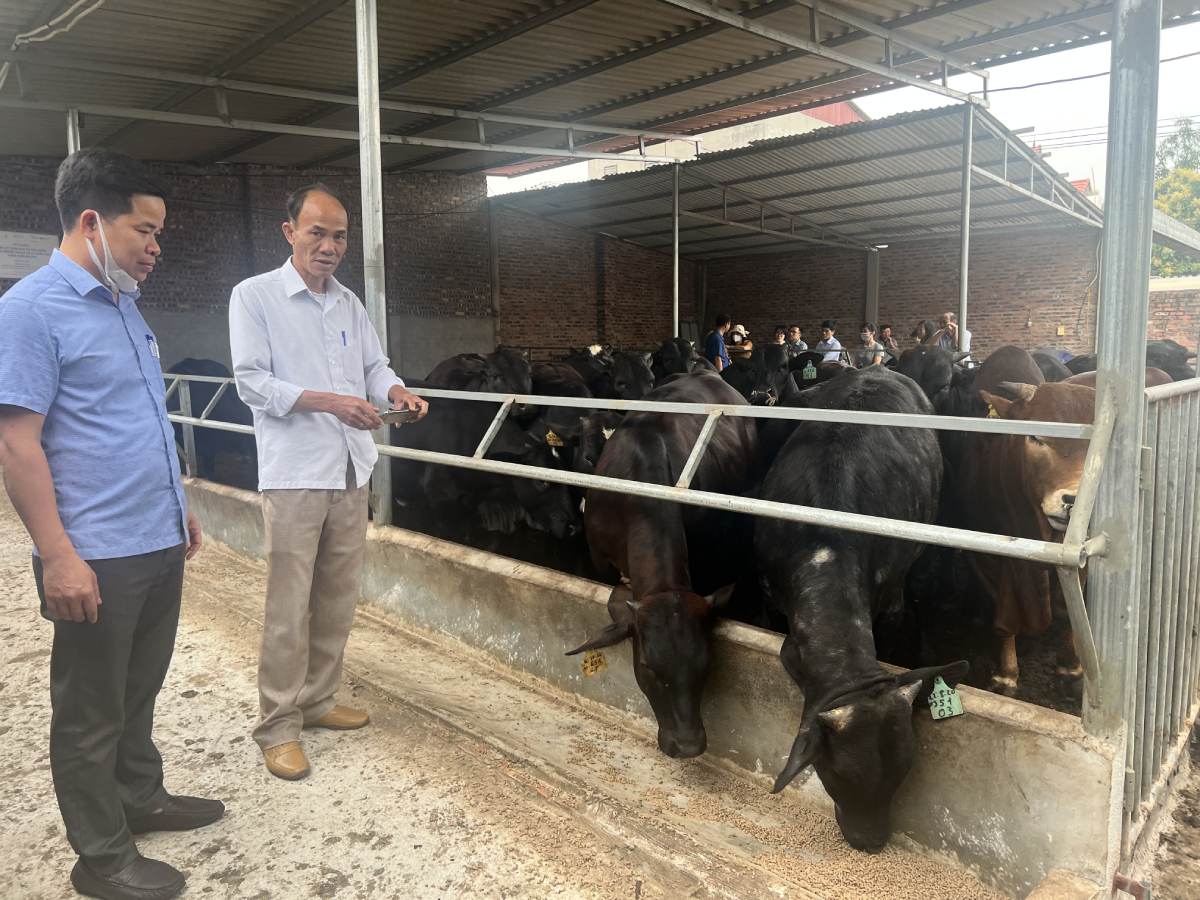
At the end of the workshop, all feedback, contributions, and inputs of participants were consolidated to revise the technical guideline before disseminating. This guideline is expected to support DLP and Provincial level and farmers to access the finance mechanisms for replicating and scaling-up this circular farming model nationwide.
